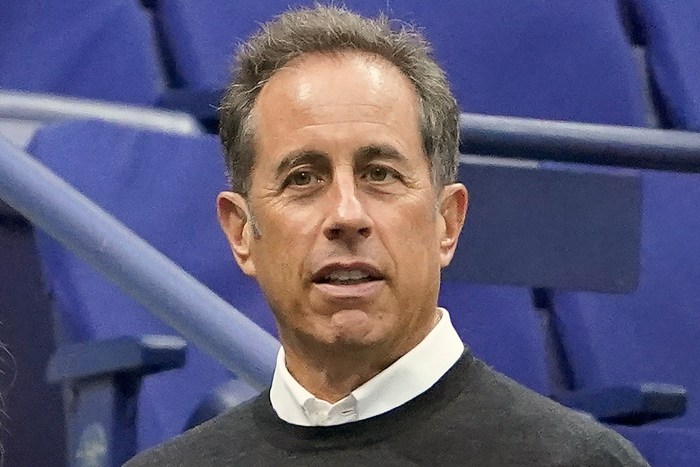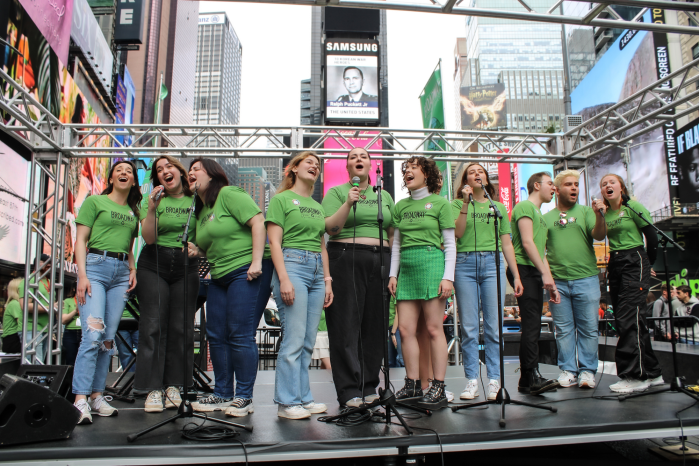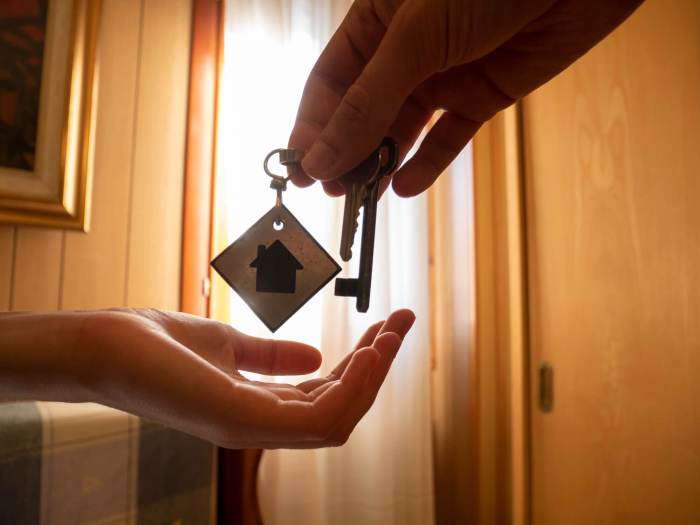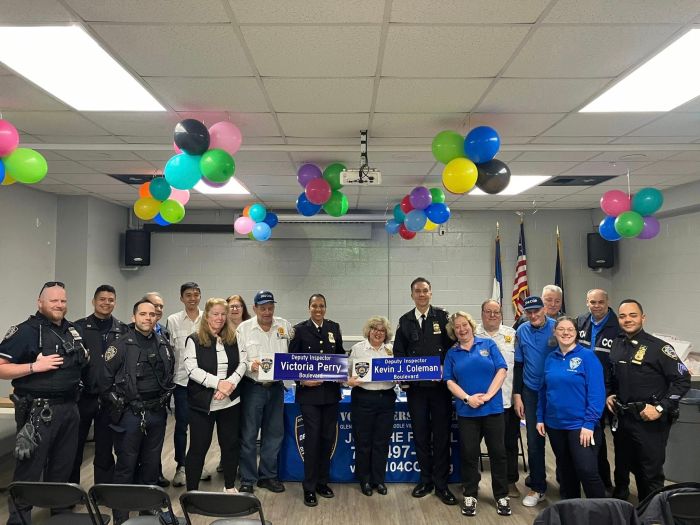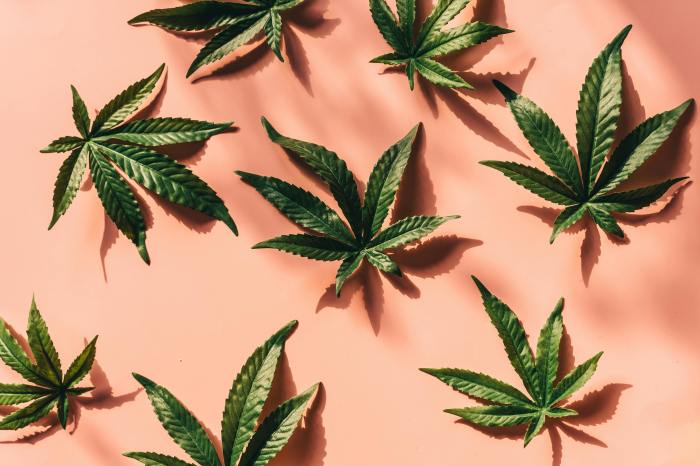The Dim Mak offices in downtown Los Angeles feel thousands of miles away from the label’s original home; founder and electronic dance music star Steve Aoki started the outfit in his dorm room in nearby Santa Barbara. Double beds have been replaced by computer terminals and built-in dressers have been supplanted by a DJ setup, camera and green screen (Dim Mak live-streams mix shows on web platform Twitch on Fridays). And in the back is a recording studio — perhaps not much bigger than that original dorm room — where Aoki records and hosts other performers when he’s in Los Angeles.
Not that he’s seen it lately.
“It’s been a while,” he says, since he’s been back in Los Angeles. “Summertime is really spent [performing] in Europe, or Vegas. I haven’t been back there since the beginning of summer.”
In the new documentary “I’ll Sleep When I’m Dead,” Aoki’s work ethic shines through, as cameras follow him around the world, playing about 300 shows in a year. That boundless energy is how he went from playing hardcore music to spinning EDM in Ibiza, how he defined an entire era in LA nightlife (his Dim Mak parties were the places to be in LA for longer than most clubs even stay open) and how he’s gotten to the point, now, of celebrating 20 years of his label at major festivals around the world.
amNewYork caught up with Aoki in advance of his return to New York to headline the Dim Mak 20th Anniversary stage at this weekend’s Electric Zoo, to chat about the evolution of both his label and his music.
The releases that put Dim Mak on the map were from indie-rock bands — The Kills, Bloc Party, Pretty Girls Make Graves. When did the switch flip for you from indie to dance music?
It was incorporating the music that we were putting out with what I was doing in Los Angeles. And what I was doing there was throwing these Dim Mak events where bands would come and DJ. And it was a very similar format and structure to what I was doing in college, when bands would come and play in my living room. It was very much this kind of exclusive, SoHo House of indie culture in Los Angeles. So bands like Yeah Yeah Yeahs and Bloc Party and The Killers and The Shins and whomever else was touring would come DJ. So I was doing that consistently enough that a scene started to emerge and form between the indie sound and DJ culture. And that all stemmed from artists like LCD Soundsystem, and producers who were musicians but also had depth in electronic music.
For me, I took a stab at remixing one of my label’s bands, Bloc Party — I had the stems, I had the masters, so I just did it and then I delivered my remix to them. I said, “This is my very first remix I’ve ever done. I would love to release it on a 12”,” and I wanted to have Diplo remix the other side [of the record]. It was some of our first remixes on this 12”. So I asked: “Can you let two unknown guys do this?“ Once they gave me a go, I called Peaches to sing on it, to juice it up, and she rapped on the remix. And then I just got into bed with learning about electronic music with a friend of mine. And for two years we did maybe 40 remixes.
After 20 years, what has Dim Mak come to mean?
It’s an evolution. We care about the artists that we put out, the culture that we love, but we’re not striving to be the best, we’re not striving to be the coolest. I’ve seen this trend throughout all of these years of doing the label … you’re contemporaries of incredible visionaries and incredible brands that really help define cultures of sound. And then, it’s gone. An epoch of sound has been buried somehow, and there’s a new trend that arises. When that new trend arises, the labels that represented that old sound and culture are left in the rubble. But somehow we’ve been able to dodge the bullets that were meant to take us down. I think what’s important for me is to be fluid. … It’s important to trust your intuition and your gut and believe in change, in artists and take those dangerous steps forward. You have to rebuild the wheel, constantly — even more so now than in the past. … You have to have a team that can adjust quickly and represent tomorrow. That takes a clever group of people.
The documentary shows the lead-up to, and then the cancellation of, a big show at Madison Square Garden. Do you still want to play there?
It’s definitely one of those benchmark goals. It’s not on the horizon [at] the moment. It’s the kind of show that takes a year’s planning — you have to schedule it that far in advance, and everything has to make sense: the timing, it’s all got to line up. Right now it’s not on the books, but it’s a big deal. I’m not throwing it away.












